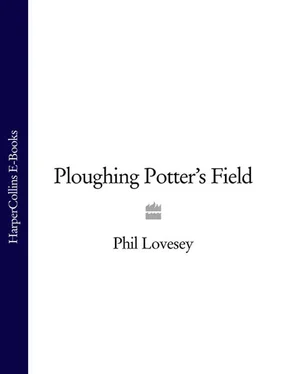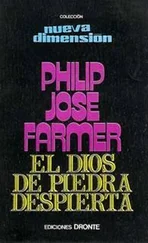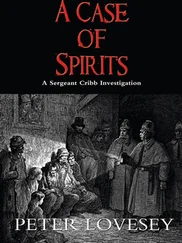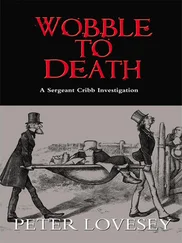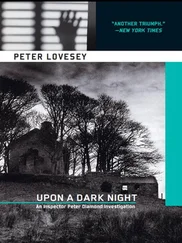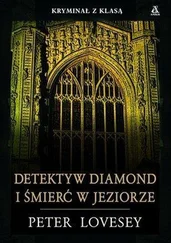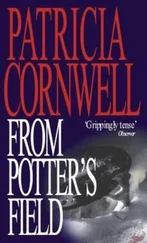To begin at the beginning, I nearly killed my own mother before I’d even drawn breath.
Rawlings family legend has it that on the seventh of March 1958, I caused a twenty-two-hour labour, a badly administered epidural and thirty-seven stitches on the poor woman during my sweating, straining way into the world. Something about my head being too big, her feet too small, though I can’t say for certain. Mum and Dad are both dead now, and even though I was present at the birth of both of my own children, I’m still woefully ignorant of the precise biological processes which place a mother’s life in danger as she dilates, contracts and finally bears another life.
More of my mother. Gwendoline Sullivan was much younger than my father, theirs being the almost clichéd match between smitten secretary and stoical boss. She was twenty-three when she married George Rawlings – he a handsomely mature forty-two. And from what I remember, it was that most rare of combinations, a marriage which seemed to truly work. That she loved him utterly, I am totally convinced. Many’s the time I remember to this day the looks she gave, meals she tenderly prepared, dresses she wore in order to please him.
We lived in Swindon. Dad still worked as boss of a small firm of accountants where he had effortlessly wooed his future wife, while Mum stayed put to look after his son. At the time I felt the almost daily trips to his office to take his sandwiches for lunch were surely just another fine example of my parents’ devotion to each other. It was only later that I wondered if Mum was truly happy playing housewife while Dad went to work with his new secretary. Not that anything untoward ever happened, I’m sure. Dad simply wasn’t the type, but I think Mum must have had her suspicions.
Unfortunately, I inherited my mother’s physical genes. Dad stood well over six foot, Mum barely managing to break the five-foot barrier in high heels. I was chubby, too, having none of Dad’s lean wiry physique, and of course, after the birth episode, was destined to be an only child. Sometimes, in the darker moments, I’d lie awake wondering if my loneliness was appropriate punishment for the distress I’d unwittingly caused my mother.
However, any hopes my father had that he’d somehow sired the future heavyweight champion soon withered away as I fell victim to numerous childhood ailments. But, as most fathers do. Dad looked straight through my chubby pallid scrawn, convinced I had the makings of a professional footballer. He’d tried out for Swindon Town as a youngster, and wouldn’t accept I hadn’t inherited his own magic left foot. Most Saturday afternoons would find us at the local ground, me struggling to see above a sea of heads at the exotic green turf beyond.
They were the best of times, made better when my dad would lift me confidently on to his broad shoulders to catch key moments of the game. I’d sit there, elevated, giving my own childish commentary to the action, hands clinging to his ears and thinning hair, feeling him sway slightly if Town scored, bonded.
Often, he’d carry me aloft as we walked back home, weaving through thousands of jubilant or disgruntled fans, nodding at friends – feeling literally ‘on top of the world’.
My bedroom became a temple to the Town, covered in posters, programmes, scarves, away-ticket stubs and league tables. At the age of nine I knew no times-tables, but all of Swindon Town’s cup-winning teams by rote. Dad always put me to bed with tales of the ‘great’ games, vivid descriptions and I clung on to every word.
It was only in later life that my mother’s indifference to the Town began to make sense. I think she resented the hold it had on Dad, perhaps even saw me as a rival for his time and affection. But these are suppositions I can only make with hindsight. An attempt to understand why she appeared distant at times. Perhaps I was the son my father always wanted, which my mother dutifully supplied, who then took her place in his heart. Whatever – I’ll never know, they’re both long gone, and all I’m left with is a frustrating mix of unanswered speculation and distant memories.
I suppose my childhood split itself into two parts. The happy times up till the age of nine or so, then the confusing times after. Dad changed, became withdrawn, older, somehow more fragile. We didn’t go to matches any more, I went with friends, while he sat at home, listening to the radio. But it was no gradual slowing down, it simply happened one weekend, almost as if he’d been replaced by an apathetic, stooping doppelgänger during the night.
I continued following the often disastrous footballing antics of the Town for the rest of the season, returning home to give my indifferent dad an increasingly lacklustre match report, but to be honest, without his enthusiasm, my heart was in it even less than his. Down came the scarves, posters and wall-charts, up went Jane Fonda as Barbarella.
And I too, began to change. My weight ballooned, skin stretching under the constant ingestion of crisps and sweets. My eyes took on their now familiar stillness. I went from a slim young boy into a blob, cocooned from a terrible truth I hadn’t the will or maturity to deal with. The subconscious took over, remoulding me, distancing me from such things I hadn’t the developed intellect to face. And it’s only now, all these years later, as the terrible truth emerges blinking into the sunlight of my new reality, that the choices I have made, the things I’ve done, the hurt I’ve caused others all fit so hideously elegantly into place.
I didn’t eat three Mars Bars every day because I wanted to – it was because I needed to. The promised work, rest and play disguised a deeper, darker need – to forget. And the calories did their job, protecting me from the outside, wrapping me in comforting fat, giving me time to heal before I had the strength to go back and face what had so quickly and violently destroyed both my father’s and my own innocence.
But I digress. Back to the potted biography. Next it was eleven-plus, special tutoring and a place at the Boys’ Grammar. School caps, long lines of fragile little boys lugging briefcases designed for grown-ups, stuffed with battered text and exercise books. Eng. Lang., Eng. Lit., Geography, Art, French, German, Chemistry, Physics, Biology, Latin, detention, the cane, school reports, fear, and football. I remember my dad extolling my laughably nonexistent sporting virtues at my interview as a huge ape in a Loughborough tracksuit sneered in anticipation of towel-whipping me in the showers. Which he did, many times.
As expected, I was average at just about everything, with the exception of sport. Here, I seemed to excel as an uncoordinated dunderhead, but being one of the widest, if not tallest, boys in my year, I was made substitute goalkeeper in the St Barts third team. I remember Dad would occasionally make a reluctant trip out to the school touchline, joining other rain-sodden parents jeering my efforts as the ball skidded past me into the back of the net. And always after, during the journey home, few words would pass between us, yet I sensed his disappointment. It was a world away from the distant days when he’d lift me on those once broad shoulders, now stooped and rounded by time.
Moving on, past A levels towards 1976, my first job – tea-boy in a provincial advertising agency. The name’s irrelevant, so was the job. Amazingly, I lost three stone, my virginity, discovered pot, the music of The Doors, Yes and Genesis. I wore flares and discovered a gift for mimicry and joke-telling which won me many friends my age, but few amongst the management. I had a weekly wage and all the brash confidence of youth. I was impregnable, bolstered by hormones and arrogance.
Then fired for skinning up in the toilets.
Читать дальше
